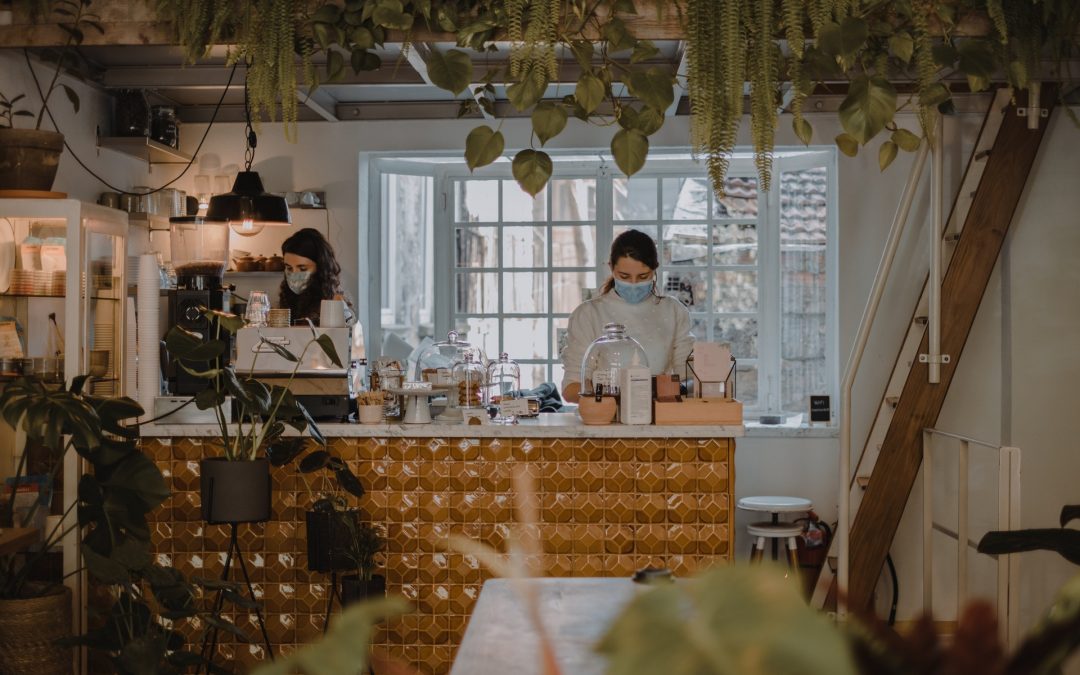What Just Happened? Coping with a ‘new normal’ during and following the COVID- 19 Pandemic….
Across the world the management of COVID-19 has changed lives, socially, emotionally, physically, and spiritually, due to restrictions, social distancing and isolation measures to reduce the spread of the virus. As the years have gone on, every person’s response to returning to social situations such as work, sports, weddings, restaurants, bars, and more may differ. Feelings may change day by day; one day, you feel reassured enough to go out for dinner, and then the next day they may feel anxious again due to a spike in COVID cases or close contacts. The variation in feelings and confidence is normal in this context. The ebb and flow and stop and start of emotions and feelings of safety can be tiring and the pandemic flux syndrome (Pandemic Flux Syndrome | Harnessing Wellness ) is the name of the experience. The feelings of fear are real and people have been experiencing it for the last few years.
An idea that might help you to work through these anxieties is visualizing. Visualize the upcoming event that you feel worried about attending. Try and identify the points where you may feel anxious. For example – standing in line for a coffee, and hearing the person behind you coughing and sneezing on you without a mask on? Or another example might be meeting people for dinner, and the anxiety of others around you in the restaurant having being unwell. Or making sure your children are doing their Rapid Antigen Test regularly and asking others to do one before you meet up, in case they judge you?
Whatever it is that is triggering your fear response, firstly work our different strategies, different methods to change the outcome in your mind, and then visualise it all going smoothly.
Instead of telling yourself, “It’s all going to go wrong,” ask yourself: but what if it all goes right? Visualise yourself in mixing with people you trust and feeling comfortable and happy.
There are going to be events which are out of your comfort zone – and that’s okay, sometime to reduce overwhelm and stress, we need to build ourselves up in confidence slowly. For example, Are you comfortable attending a wedding of 50, not 100? Maybe 100, but not 250? Understand your boundaries, they are your ‘Yes’ and ‘No’. They help you work out if an event is suitable for you or not. There is nothing worse than suffering with anxiety and being blindsided into an unbearable situation,however sometimes in reflection these situations remind us how strong we are and can build confidence.
Be honest and say as best you can how you feel in a loving and kind way:
- Clearly outline your boundaries – Write them down so you can be clear.
- If you are not comfortable hanging out without masks, let people know.
- If you are not comfortable meeting up in groups of more than 5, tell everybody in advance. This will take a large amount of bravery and courage, because potentially you may be disagreeing with a friend’s belief. However, try and put away the feelings of being shy, or fearful of being misunderstood.
Expressing yourself and your boundaries is key.
What if I’m not coping?
If anxiety, fear, and panic attacks are stopping you from returning to some forms of socializing please speak to a mental health professional or Doctor. Symptoms of a panic attack include severe, physical reaction to intense fear which can cause shortness of breath, dizziness, a sense of doom, sweating, and more. They are a symptoms they will need to be discussed with a professional mental health profession, sign to seek professional help immediately. In addition, seek help if your anxiety is persistent – for example, from the moment you wake up to the moment you put your head on the pillow at night. Finally, if your fear is affecting your life/daily functions – for example, not leaving the house, not going to the shops, not visiting friends – it is time to seek professional help.
*** This is general information and education. It does not replace traditional therapy, counselling, or CBT, or medicated interventions. All of these should be discussed with a medical practitioner, psychologist or counsellor. However, these techniques may work for some people facing pandemic anxiety, so it is always worth talking to your trusted medical and mental health professional for their advice on how to move forward.



